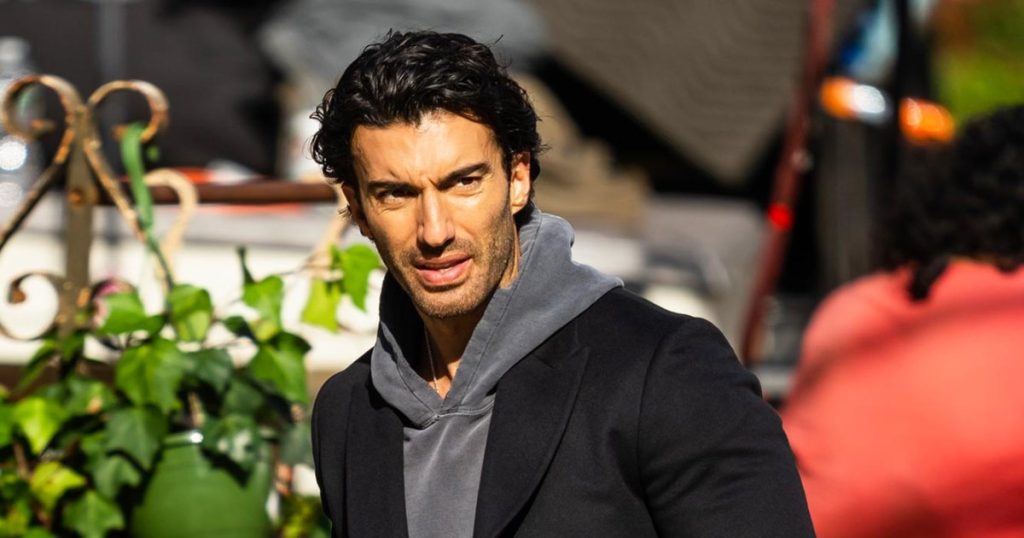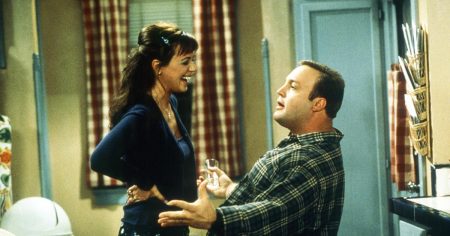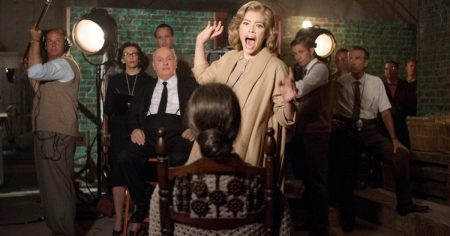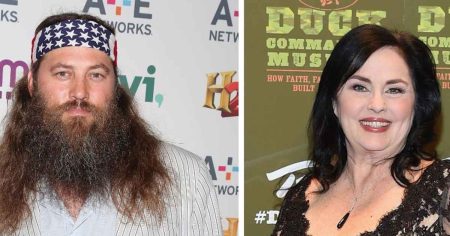The entertainment world was recently thrown into a whirlwind of controversy as a legal battle erupted between actor and director Justin Baldoni and actress Blake Lively, stemming from their collaboration on the film adaptation of Colleen Hoover’s bestselling novel, “It Ends With Us.” Baldoni, known for his work on the television series “Jane the Virgin,” and Lively, renowned for her role in “Gossip Girl,” found themselves locked in a bitter dispute that publicly unfolded amidst a flurry of lawsuits and accusations. The conflict centers around the production of the film, with both parties alleging misconduct and attempting to paint the other as the antagonist in this real-life drama.
The legal volley began with Lively filing a lawsuit in December 2023, accusing Baldoni of fostering a “hostile work environment” on the set of “It Ends With Us.” The details of these allegations remain somewhat shrouded, but the suit suggests that Lively experienced difficulties during the production process, potentially related to Baldoni’s directorial approach or overall management of the film set. Lively’s legal team has vehemently defended her claims, portraying her as a victim of unprofessional conduct.
Baldoni retorted with his own $400 million lawsuit in January 2024, significantly escalating the conflict. His suit, filed alongside his production studio and other plaintiffs, alleges a calculated effort by Lively to smear his reputation and portray him as the “real-life villain” in order to deflect attention from her own perceived missteps in promoting the film. Baldoni’s lawsuit paints a picture of Lively as being disengaged from the source material, claiming she never even read Hoover’s novel, a surprising assertion given her role as both star and producer. This accusation further fuels the narrative of a clash of personalities and approaches to the film’s production.
Adding fuel to the fire, Baldoni’s lawsuit accuses Lively of engaging in “tone-deaf” promotion of the film. While the specifics of what constituted “tone-deaf” promotion remain unclear, it suggests a disagreement about how the sensitive themes of the novel, which include domestic abuse, should be handled in the film’s marketing campaign. This disagreement potentially highlights a fundamental difference in perspectives between Baldoni and Lively regarding the film’s message and target audience.
In the aftermath of his lawsuit, Baldoni publicly addressed the ongoing legal battle, expressing gratitude for the support he’s received from friends, family, and his faith community. This public statement, captured in a video obtained by TMZ, is Baldoni’s first direct comment on the situation, offering a glimpse into his emotional state amid the controversy. His emphasis on his support system suggests a desire to project an image of resilience and strength in the face of adversity.
Lively’s legal team responded swiftly to Baldoni’s lawsuit, dismissing it as a “desperate” attempt to “turn the tables” on the actress. Their statement, provided to Us Weekly, strongly denies Baldoni’s accusations and expresses confidence that his legal strategy “will fail.” This back-and-forth between legal representatives further underscores the acrimony between the two parties and the likelihood of a protracted legal battle.
The unfolding drama between Baldoni and Lively provides a fascinating, albeit unsettling, glimpse into the complexities of Hollywood productions and the potential for conflict between creative individuals. The “he said, she said” nature of the accusations leaves much to speculation, with both sides presenting contrasting narratives. As the legal proceedings continue, the full story behind this Hollywood clash will hopefully come to light, shedding further insight into the events that transpired on the set of “It Ends With Us.” The outcome of this legal battle not only has significant implications for the careers of Baldoni and Lively but also raises broader questions about professional conduct and power dynamics within the entertainment industry.










